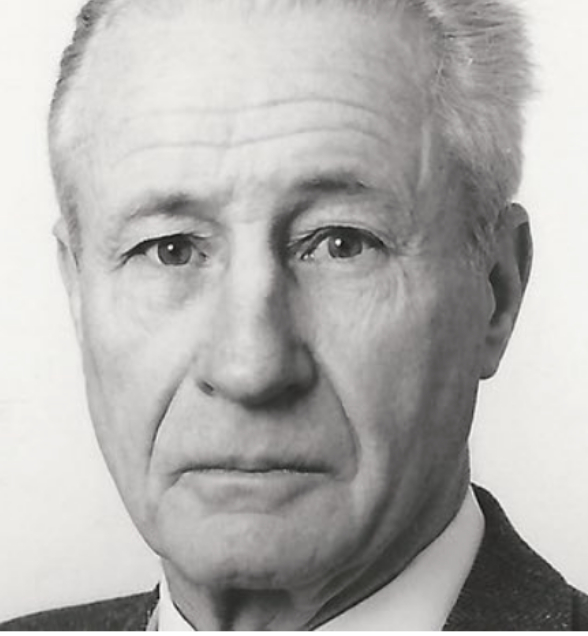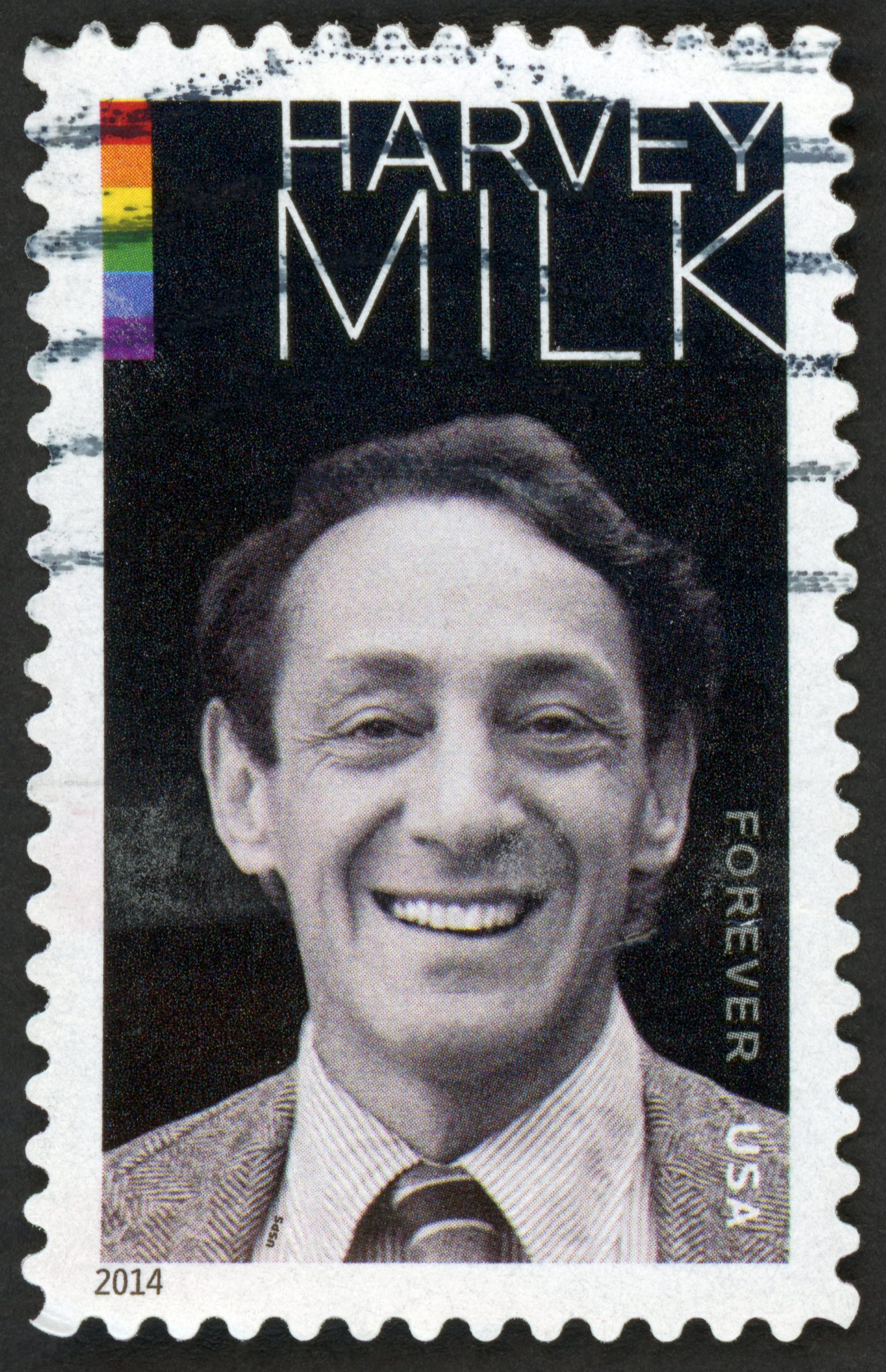May 22
G.A. Wells

On this date in 1926, George Albert (G.A.) Wells was born in England. Wells, a freethought bible scholar, was emeritus professor of German at Birkbeck College, University of London. As a student, Wells roomed with the family of a Swiss Protestant clergyman who had been a pupil of Albert Schweitzer (author of The Quest of the Historical Jesus). This experience introduced Wells to major German scholars and the subject of the historicity of Jesus.
Wells’ books include The Jesus of the Early Christians (1971), The Historical Evidence for Jesus (1988), Did Jesus Exist? (1975), J.M. Robertson (1856-1933), edited by G.A. Wells (1987), Belief and Make-Believe: Critical Reflections on the Sources of Credulity (1991), The Jesus Legend, co-written with R. Joseph Hoffman (1996), The Jesus Myth (1998), Can We Trust the New Testament? (2005) and Cutting Jesus Down to Size (2009).
Wells in his early writings maintained that Jesus never existed, either as a person or a divine. He later offered more nuanced assessments and accepted that there is some historical basis for Jesus’ existence, but insisted that the Jesus of late-first-century gospel stories is different from the sacrificial Christ myth of Paul’s epistles and other early Christian documents.
Wells had been chair of the British Rationalist Press Association. He died at age 90. (D. 2017)
“I say I have no religious beliefs. I certainly think this life is all I have, all anybody has, and I usually say it doesn’t seem to me at all meaningful to ask the purpose of life. What purpose does the life of a spider have? If a spider doesn’t have a purpose, why should we? Of course, we all have our individual purposes, that’s quite different.”
— "An Interview with Professor Wells," Freethought Today (April/May 1985)
Harvey Milk

On this date in 1930, openly gay politician Harvey Milk was born in Woodmere, New York. He attended school at New York State College for Teachers in Albany, where he studied math and history. After being discharged from the U.S. Navy in 1955, Harvey spent subsequent years hiding his sexuality from his family and his work. During this time he was employed as a public school teacher, a stock analyst and a production assistant for Broadway musicals. Milk didn’t become active in politics until age 40 when he moved to San Francisco.
There he opened a camera shop on Castro Street in the center of the city’s growing gay community. In 1975 he narrowly lost his second race as a candidate for the San Francisco Board of Supervisors. In 1977 he easily won a third bid. During the peak of his political career, Milk supported anti-discrimination bills, established day care centers for working mothers, converted military facilities into low-cost housing and spoke out on state and national issues for LGBT people, women, racial and ethnic minorities and other marginalized communities.
Harvey was assassinated in 1978 along with Mayor George Moscone by former city supervisor Dan White, a rabid opponent of gay rights. White was sentenced to only seven years and eight months in prison after being found guilty of voluntary manslaughter and not murder. After serving five years, he was released in 1984. He committed suicide by carbon monoxide poisoning in 1985.
Milk was very critical of organized religion and did not attend religious services. Randy Shilts wrote in The Mayor of Castro Street (2008) that “Harvey never had any use for organized religion.” In one of his recorded wills, Milk said of his funeral: “I hope there are no religious services. I would hope that there are no services of any kind, but I know some people are into that and you can’t prevent it from happening, but my god, nothing religious.” In 2008 Sean Penn starred in the biographical film “Milk.”
He was posthumously awarded the Presidential Medal of Freedom and was inducted in the California Hall of Fame, with May 22 designated as Harvey Milk Day. (D. 1978)
“About six months ago, Anita Bryant in her speaking to God said that the drought in California was because of the gay people. On November 9, the day after I got elected, it started to rain. On the day I got sworn in, we walked to City Hall and it was kinda nice, and as soon as I said ‘I do,’ it started to rain again. It’s been raining since then and the people of San Francisco figure the only way to stop it is to do a recall petition.”
— Milk keynote speech in San Diego to the gay caucus of the California Democratic Council (March 10, 1978)
